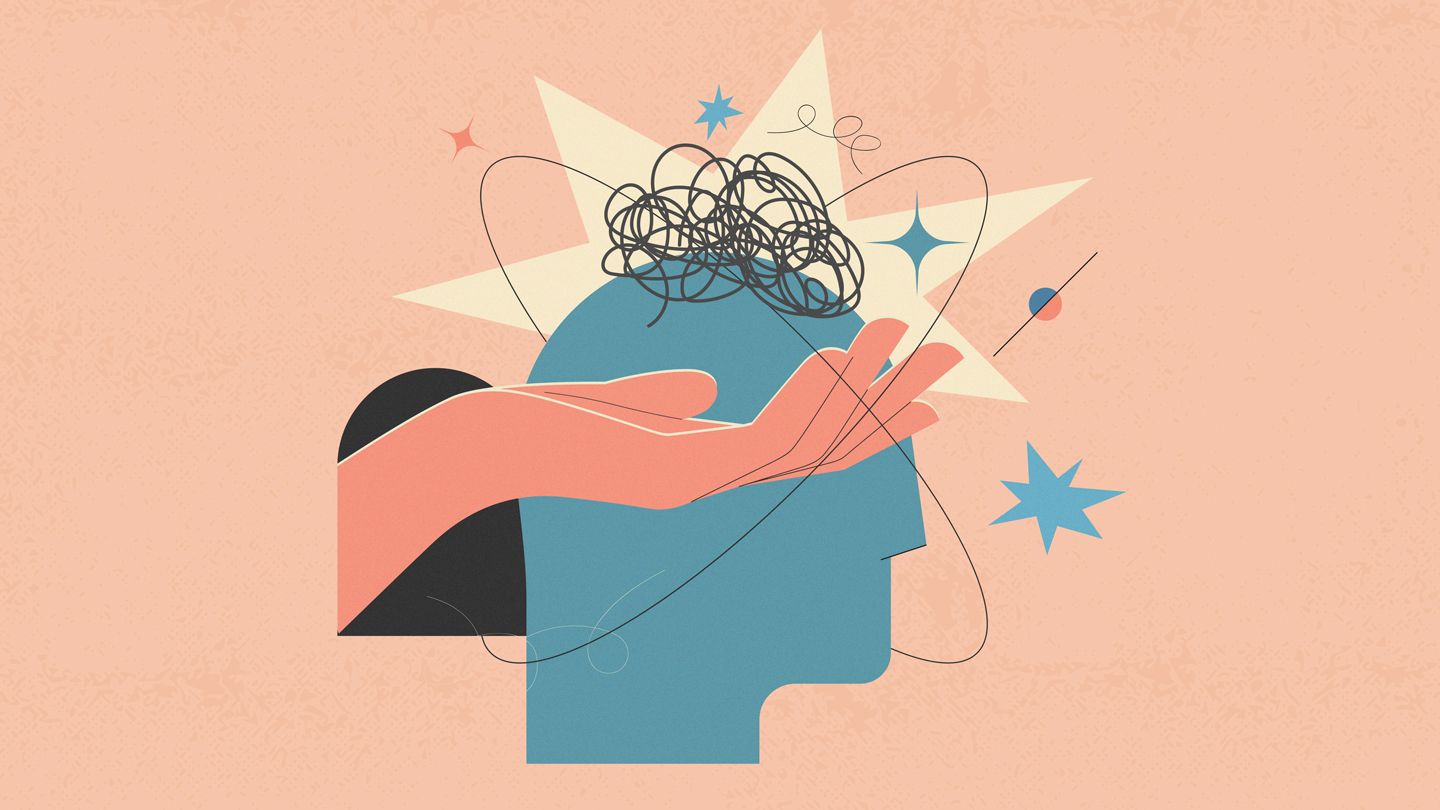Understanding Ashwagandha and Its Potential Benefits
Ashwagandha, also known as Indian ginseng or winter cherry, is an Ayurvedic herb that has been used for centuries in traditional Indian medicine. It is renowned for its adaptogenic properties, meaning it can help the body cope with stress by regulating various physiological processes.
Stress Relief and Immune Support
One of the primary benefits of ashwagandha is its ability to reduce the effects of stress on the body. By lowering cortisol levels the hormone associated with stress ashwagandha can help alleviate symptoms such as fatigue, anxiety, and insomnia. Additionally, its immune-boosting properties may help support overall health and well-being.
Cognitive Function and Focus
Ashwagandha has also been studied for its potential impact on cognitive function and focus. Some research suggests that it may improve attention, memory, and information processing, making it an intriguing supplement for individuals seeking enhanced mental clarity.
Supplemental Uses and Precautions
While ashwagandha is generally considered safe for most people when taken in appropriate doses, it's important to note that it may interact with certain medications or have side effects in some individuals. As with any supplement, it's crucial to consult with a healthcare professional before incorporating ashwagandha into your routine.
Understanding Adderall and Its Role in ADHD Treatment
Adderall is a prescription medication commonly used to treat Attention Deficit Hyperactivity Disorder (ADHD). It is a stimulant that works by increasing the levels of dopamine and norepinephrine in the brain, which can help improve focus, concentration, and impulse control.
Improving Symptoms of ADHD
For individuals diagnosed with ADHD, Adderall can be an effective tool in managing symptoms such as inattention, hyperactivity, and impulsivity. By enhancing focus and concentration, it can help individuals better engage in daily tasks, academic pursuits, and professional endeavors.
Potential Side Effects and Precautions
Like any prescription medication, Adderall may have side effects, including decreased appetite, insomnia, headaches, and increased heart rate or blood pressure. It's essential to follow the prescribed dosage and consult with a healthcare provider to monitor the effectiveness and potential side effects of Adderall.
Exploring Potential Interactions Between Ashwagandha and Adderall
While both ashwagandha and Adderall offer potential benefits for individuals seeking improved focus and cognitive function, their concurrent use raises concerns about potential interactions. It's important to approach this combination with caution and seek guidance from qualified healthcare professionals.
Potential Amplification of Side Effects
One of the primary concerns regarding the use of ashwagandha alongside Adderall is the potential amplification of side effects. Since both substances can impact neurotransmitter levels in the brain, their combined effects may exacerbate symptoms such as elevated heart rate, increased blood pressure, and insomnia.
Interference with Medication Efficacy
Another potential issue is the possibility of ashwagandha interfering with the efficacy of Adderall. While research on this specific interaction is limited, some experts suggest that the adaptogenic properties of ashwagandha could counteract the stimulant effects of Adderall, potentially reducing its ability to manage ADHD symptoms effectively.
Need for Professional Guidance
Given the potential risks and uncertainties surrounding the interactions between ashwagandha and Adderall, it's essential to consult with a qualified healthcare professional before combining these substances. A knowledgeable physician or pharmacist can provide personalized guidance based on your specific health condition, medications, and supplement regimen.
Importance of Open Communication with Healthcare Professionals
When it comes to managing health conditions and incorporating supplements into your routine, open communication with healthcare professionals is crucial. It's important to be transparent about any supplements, medications, or alternative therapies you are considering or currently using.
Disclosure of Supplement Use
Many individuals may be hesitant to disclose their use of supplements to their healthcare providers, fearing judgment or disapproval. However, withholding this information can put your health at risk, as healthcare professionals cannot provide comprehensive guidance without a complete understanding of your treatment regimen.
Collaborative Decision-Making
By engaging in open and honest discussions with your physician, pharmacist, or other healthcare providers, you can make informed decisions about your treatment plan. Together, you can evaluate the potential risks and benefits of combining supplements with prescription medications, explore alternative options if necessary, and develop a safe and effective strategy tailored to your unique needs.
Ongoing Monitoring and Adjustments
Open communication with healthcare professionals is not a one-time event. It's an ongoing process that allows for continuous monitoring and adjustments to your treatment plan as needed. Regular check-ins, updates on any changes to your regimen, and honest discussions about side effects or concerns can help ensure your safety and well-being.
Conclusion
The potential interactions between ashwagandha and Adderall highlight the importance of understanding the implications of combining herbal supplements with prescription medications. While both substances offer unique benefits, their concurrent use should be approached with caution and under the guidance of qualified healthcare professionals.
By educating ourselves about the properties of ashwagandha and Adderall, and fostering open communication with healthcare providers, we can make informed decisions about our treatment plans. It's essential to prioritize safety, monitor for potential side effects, and be willing to explore alternative options if necessary.
Remember, your health and well-being are the top priorities. By working collaboratively with healthcare professionals and being transparent about your treatment regimen, you can navigate the complexities of managing health conditions and incorporating supplements in a responsible and informed manner.
FAQs
What is ashwagandha, and what are its potential benefits?
Ashwagandha is an Ayurvedic herb known for its adaptogenic properties, which can help the body cope with stress. Potential benefits include stress relief, immune support, and improved cognitive function and focus. However, it's important to consult with a healthcare professional before incorporating ashwagandha into your routine.
What is Adderall, and how is it used to treat ADHD?
Adderall is a prescription stimulant medication commonly used to treat Attention Deficit Hyperactivity Disorder (ADHD). It works by increasing dopamine and norepinephrine levels in the brain, which can help improve focus, concentration, and impulse control in individuals diagnosed with ADHD.
What are the potential interactions between ashwagandha and Adderall?
The concurrent use of ashwagandha and Adderall raises concerns about potential interactions. These include the amplification of side effects, such as elevated heart rate, increased blood pressure, and insomnia, as well as the possibility of ashwagandha interfering with the efficacy of Adderall in managing ADHD symptoms.
Why is open communication with healthcare professionals important when considering the use of ashwagandha and Adderall?
Open communication with healthcare professionals, such as physicians and pharmacists, is crucial when considering the use of ashwagandha alongside Adderall. Healthcare providers can provide personalized guidance based on your specific health condition, medications, and supplement regimen, helping you make informed decisions and prioritize your safety.
What should be done if experiencing side effects or concerns when using ashwagandha and Adderall?
If you experience side effects or have concerns while using ashwagandha and Adderall, it's essential to communicate openly with your healthcare provider. They can help monitor your condition, adjust your treatment plan if necessary, and explore alternative options to ensure your well-being.
Disclaimer: This article is for informational purposes only and does not constitute medical advice. Always consult with a healthcare professional before starting any new treatment regimen.
Related Coverage
Learn how to shop for durable, discounted used treadmills from top brands like NordicTrack, Sole, ProForm & Precor. Get tips for evaluating quality and using incline for weight loss....
Research shows PMDD and ADHD commonly co-occur in women due to overlapping symptoms, brain changes, genetics, and hormone fluctuations that worsen both conditions....
Shortages of ADHD medication Ritalin and its generic forms are impacting access in 2023. Learn more about why this is happening, possible alternatives, and ways to mitigate the issue....
Explore the potential interactions between the herbal supplement ashwagandha and the ADHD medication Adderall, and the importance of open communication with healthcare professionals....
Adderall shortages can make filling your prescription difficult. Learn techniques to check pharmacy inventory and locate Adderall when supplies are low....
The Adderall shortage makes getting prescribed ADHD meds difficult. Learn reasons for the shortage, effects on patients, and techniques to cope until supplies increase....
Find out the current Qelbree cost, how to lower it with coupons, insurance tricks, and real‑world tips for 2025 savings....
When an ADHD child refuses schoolwork, it often stems from struggles to focus, follow instructions, and handle the demands of school. With support at home and accommodations at school, they can overcome avoidance....
Excessive fiddling during meals can indicate issues like ADHD or anxiety in kids. Learn techniques to curb constant fidgeting and toys with for peaceful mealtimes....
Pre-workout supplements may offer some benefits for ADHD but also have risks. Learn about using pre-workout supplements and other natural alternatives to manage ADHD symptoms....








